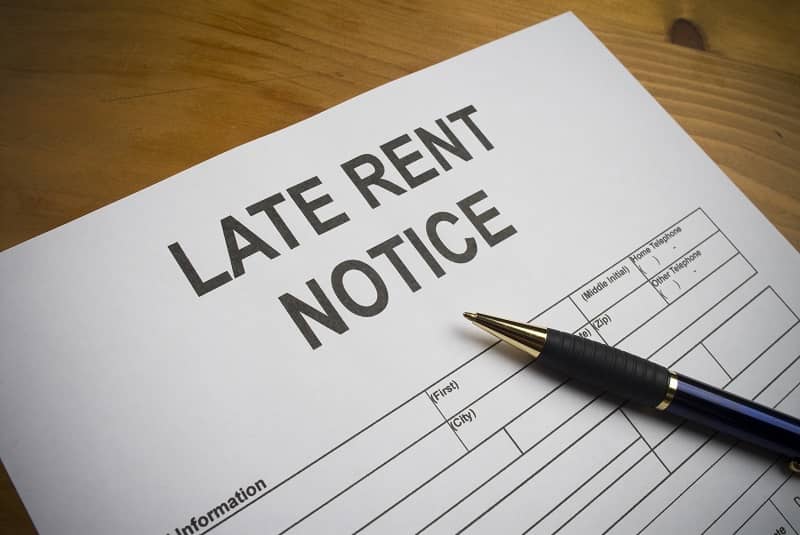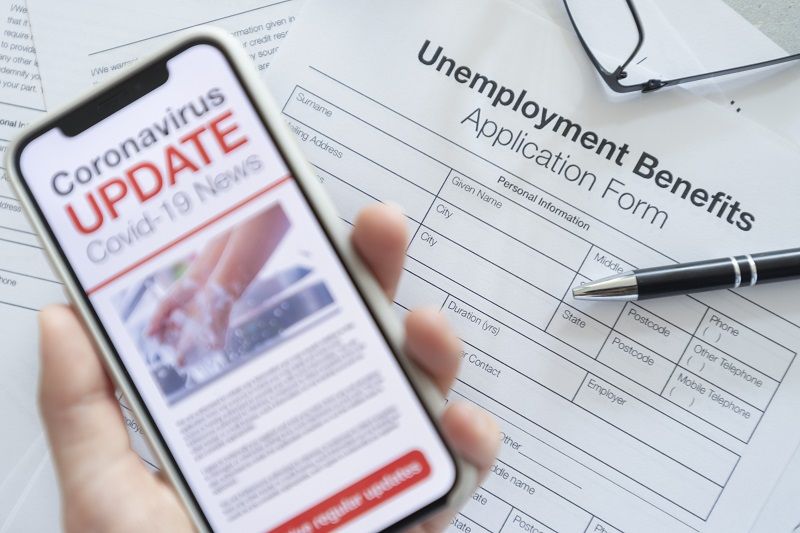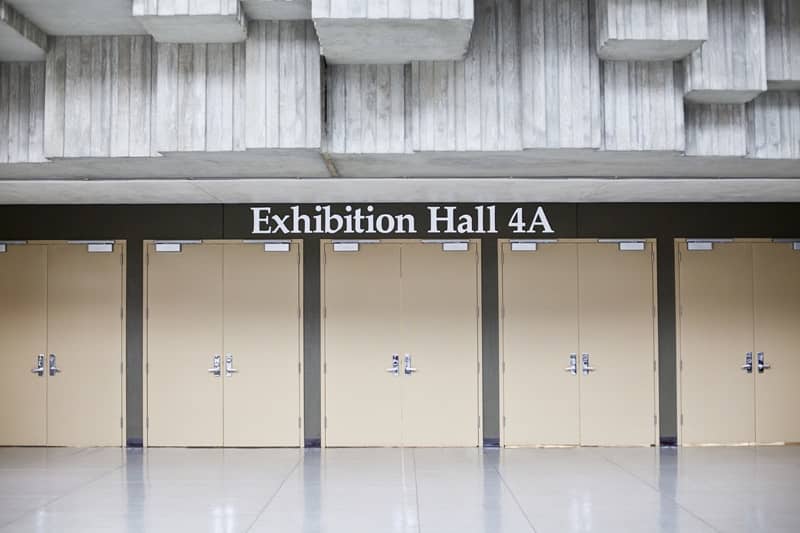I’ve written and spoken about the damage that minimum wage laws do, not only to business owners, but to their customers and their younger, less experienced, and less educated workers and potential workers.
Normally, bills become law in Oregon no earlier than 90 days after the end of the legislative session in which they pass. But the latest ill-advised minimum wage bill had an Emergency Clause attached, so it becomes law today, the day the Governor signed it. Why is a law that phases in wage increases over six years deemed an Emergency? Because supporters didn’t want to let voters refer it to the ballot.
A real emergency, such as a major earthquake or other natural disaster, may require immediate state action, which is what the Emergency Clause is for. But over half of all bills passed by the legislature last year contained such a clause. Most were emergencies only in the political sense, not the real sense.
It’s time to stop such political games by putting the No Fake Emergencies initiative on the November ballot. It will restore Oregonians’ Constitutional rights to refer most laws to a vote of the people if they wish. Bills will still be able to take effect immediately in the face of real emergencies, just not fake ones.
You can sign the petition to place this initiative on the ballot by going to NoFakeEmergencies.com.
Steve Buckstein is Founder and Senior Policy Analyst at Cascade Policy Institute, Oregon’s free market public policy research organization.











